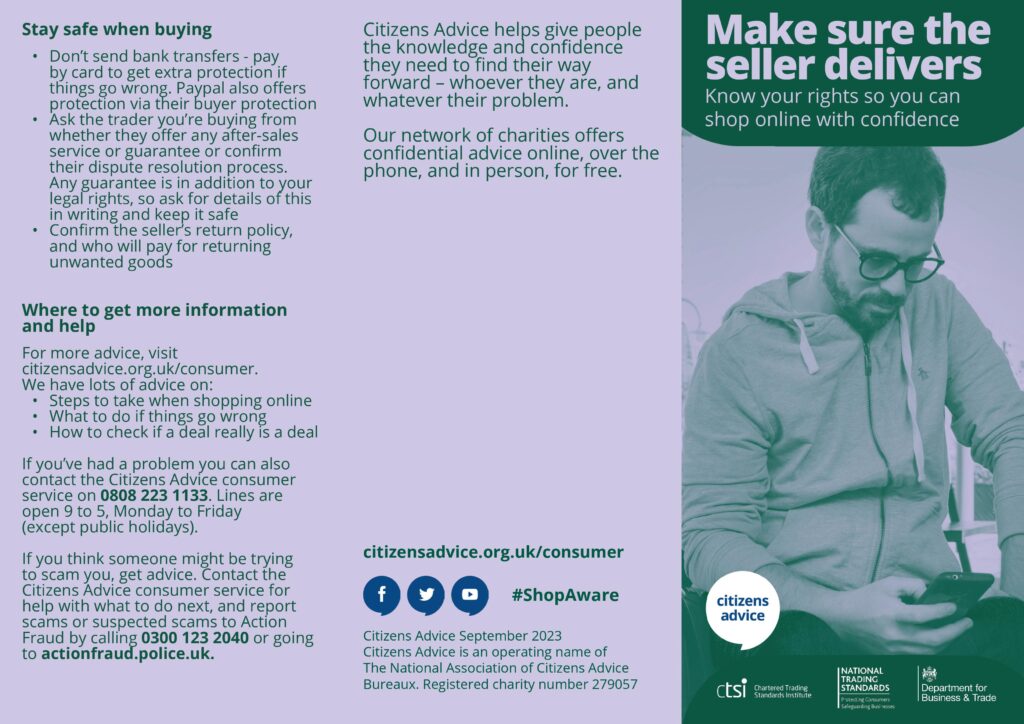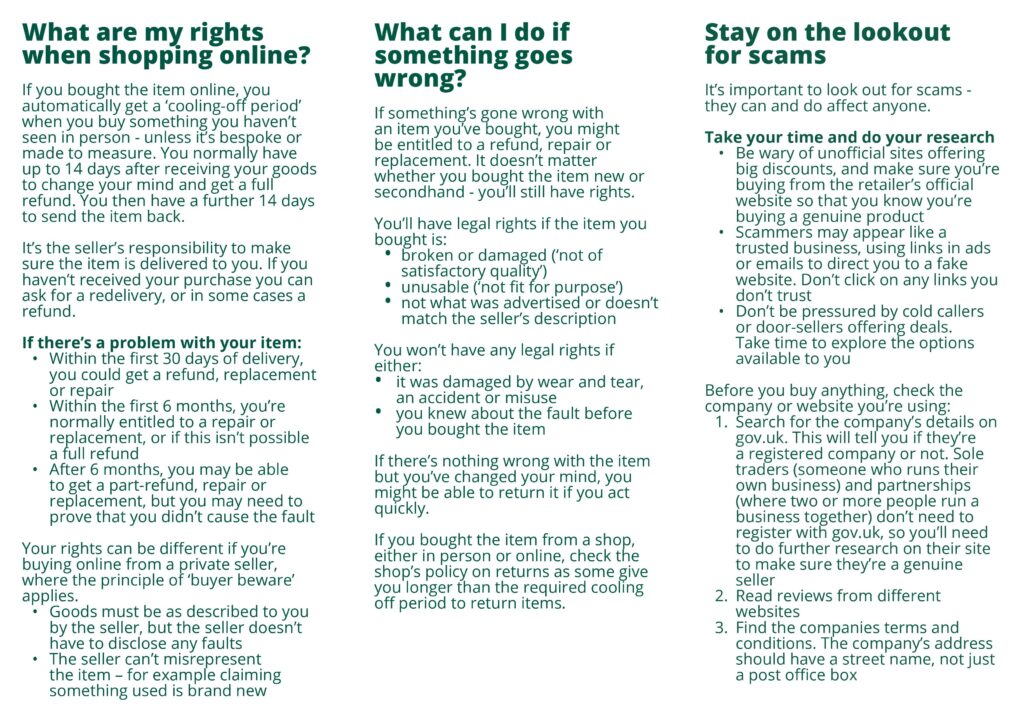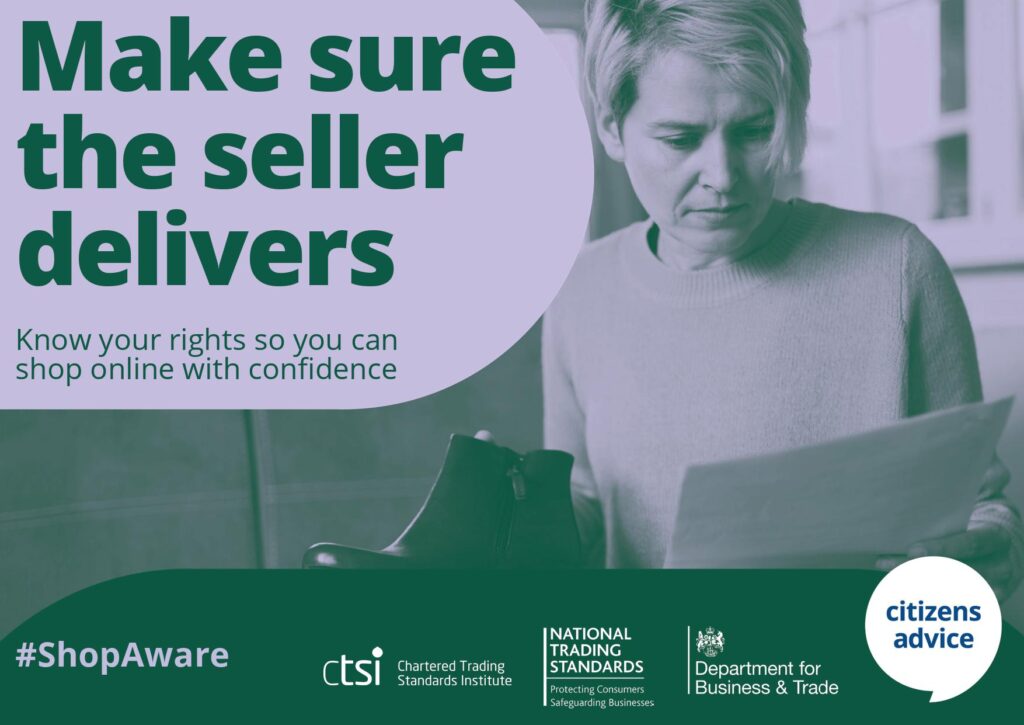Navigating the Online Marketplace: A Guide to Consumer Awareness
In the digital age, the convenience of online shopping has become an integral part of our lives. With just a few clicks, consumers can explore a vast array of products, compare prices, and make purchases without leaving the comfort of their homes. However, as the online marketplace continues to thrive, so do the challenges that consumers face. In this era of virtual transactions, it is crucial for shoppers to be vigilant and informed about their rights and choices. This article delves into the importance of consumer awareness while shopping online, drawing insights from the advice provided by Citizens Advice.
1. Understanding Your Rights
One of the key aspects of consumer awareness is understanding your rights as an online shopper. The Consumer Rights Act 2015, for example, protects consumers by ensuring that the goods they purchase are of satisfactory quality, fit for purpose, and as described. This legislation also covers digital content, offering consumers a comprehensive set of rights when dealing with online products and services. Citizens Advice provides valuable resources to help consumers understand their rights and navigate any issues that may arise during or after a transaction.
2. Researching Sellers and Products
Before making a purchase online, it’s essential to research both the seller and the product. Citizens Advice recommends checking reviews and ratings from other customers to gauge the reliability of a seller. Additionally, be wary of deals that seem too good to be true, as they may be scams. By taking the time to investigate both the seller’s reputation and the details of the product, consumers can make more informed decisions and avoid potential pitfalls.
3. Securing Personal Information
Protecting personal information is paramount when shopping online. Citizens Advice emphasises the importance of using secure websites, indicated by “https://” in the URL, to ensure that your data is transmitted safely. It is also advisable to use strong, unique passwords for each online account and enable two-factor authentication where possible. By adopting these practices, consumers can mitigate the risk of identity theft and other cyber threats.
4. Payment Security
When it comes to making online payments, Citizens Advice advises consumers to use secure methods such as credit cards or reputable online payment services. These methods offer additional protection and may allow for chargebacks in case of fraudulent transactions. Avoid using public Wi-Fi networks for financial transactions and regularly monitor your bank statements for any unauthorized charges.
Consumer awareness is the cornerstone of a safe and satisfying online shopping experience. As the online marketplace continues to evolve, staying informed about your rights, researching sellers and products, securing personal information, and prioritising payment security are crucial steps in protecting yourself as a consumer. Citizens Advice serves as an invaluable resource, offering guidance and advice to empower consumers in making informed decisions.
Visit the link – https://www.citizensadvice.org.uk/consumer/ to access a wealth of information that can help you navigate the digital marketplace with confidence.
You can contact a Citizens Advice adviser through their national phone service: Adviceline (England): 0800 144 8848.








